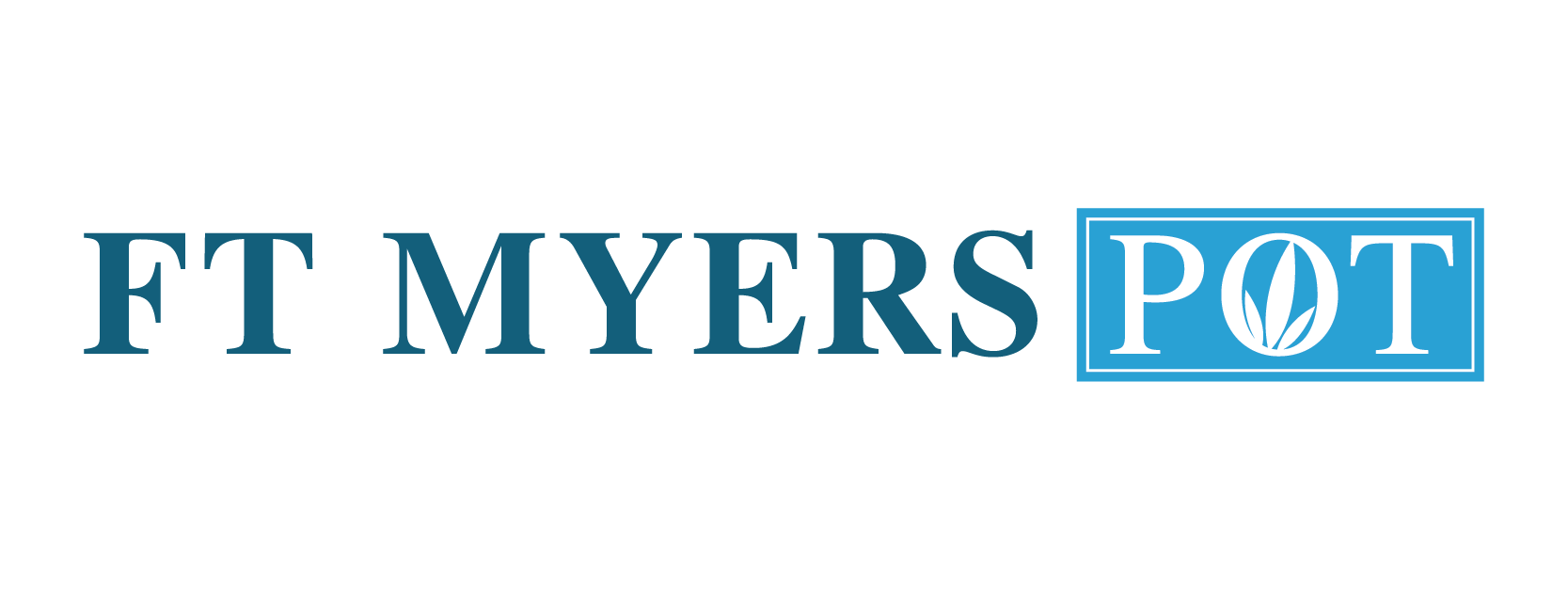When Florida’s medical cannabis program took off, Fort Myers moved cautiously. In early 2018 the City Council adopted a temporary prohibition on dispensaries, citing limits in state law that prevented cities from capping the number or micromanaging locations. The ordinance included a sunset provision, and the ban ultimately gave way to today’s regulated access.
That policy evolution opened the door for multi-state operators to lease storefronts, hire staff, and partner with local vendors. Fort Myers now hosts multiple medical dispensaries—including Trulieve on Cleveland Avenue, Curaleaf on Fowler Street, Surterra on McGregor Boulevard, and MÜV on Colonial Boulevard—each acting as a neighborhood employer and payer of commercial rent, utilities, insurance, and local professional services. These locations illustrate how cannabis dollars circulate through landlords, contractors, security firms, and marketing agencies in Lee County.
The broader state backdrop matters. Florida is one of the country’s largest cannabis markets by revenue, with industry analysts projecting medical dispensary sales around the $2 billion mark in 2024. Even as statewide sales growth cooled in 2024–2025, Florida’s sheer patient base—over 920,000 registrants as of August 1, 2025—continues to underpin steady retail activity and supply-chain jobs from cultivation to last-mile delivery. For Fort Myers, that translates into consistent customer traffic that supports payroll, local logistics, and ancillary retail spend such as food, fuel, and errands around busy dispensary corridors.
One nuance sets Florida apart: medical cannabis (and approved delivery devices) are exempt from state sales and use tax. That means the direct tax take on a dispensary receipt is lower than a standard retail purchase. Still, the city benefits indirectly through business licensing, tangible personal property taxes on fixtures and equipment, corporate income activity upstream, and—most significantly—commercial real-estate demand that helps stabilize retail centers recovering from e-commerce headwinds.
The jobs footprint is meaningful even without splashy headline numbers. Each store commonly staffs patient-facing specialists, managers, delivery drivers, and inventory teams. Local clinics and physicians who evaluate patients for program eligibility add another spending stream for office leases and administrative roles. In short, Fort Myers has built a medical-only hub that behaves like a mid-sized health-and-wellness retail category rather than a novelty shop—and its supply chain, including cultivation, processing, testing, and distribution, anchors vendor contracts across Southwest Florida.
Risks remain. Industry trackers report that Florida’s overall cannabis sales growth slowed and even dipped year-over-year in early 2025 as competition intensified and price compression took hold. Policy also shapes demand: a law signed in July 2025 suspends or revokes medical cannabis access for certain drug-related convictions, a change that could modestly trim the active patient pool if enforced broadly. For Fort Myers operators, the near-term playbook is disciplined pricing, patient education, and differentiated service to preserve volume and margin.
Looking forward, Fort Myers’ economic upside hinges on two variables: patient growth and any future statewide shift to adult-use sales. The former is likely to be incremental; the latter—if ever approved—would reshape the revenue mix and add sales tax at retail, multiplying downstream benefits for local landlords, contractors, and service businesses. Until then, the city’s pragmatic approach—measured access, professionalized storefronts, and steady integration into neighborhood retail—continues to convert medical demand into jobs, leases, and everyday commerce.
